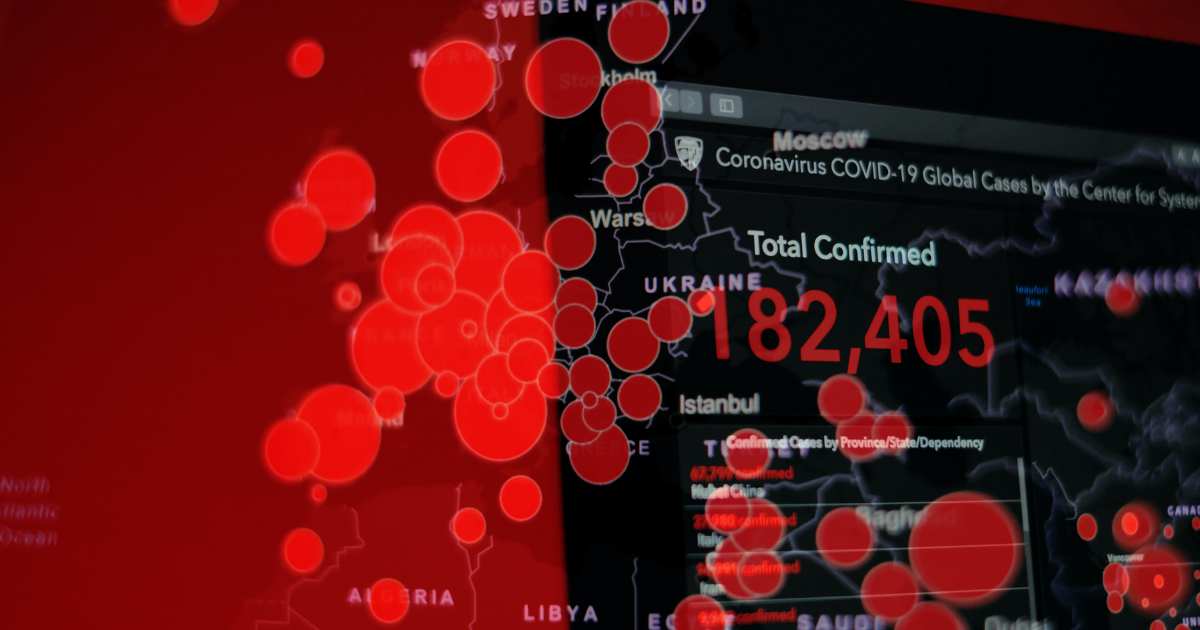Lessons From COVID-19

Written by: Shehan Perera
Photo by: Brian McGowan on Unsplash
To summarize the COVID-19 pandemic as a “difficult time” would be horribly insensitive. It brought the socioeconomic machine that is human society to its knees and as a result, has catalyzed the most revealing series of events in recent memory. COVID-19 has both exposed the shortcomings of modern society and given humanity the opportunity to demonstrate our unity and resilience in the pursuit of a better future. To that end, I would like to highlight one of the key shortcomings revealed by the pandemic: the surprisingly low level of health literacy in the general population and a willing ignorance of public health advice and protocols.
Around the world, and particularly in western, individualistic countries, we have seen protests against policies that require protective face coverings in public, parties at universities in strict disobedience of social gathering restrictions, and a general disregard for the role of the general public in keeping themselves and each other healthy. It should be noted that the people who ignore public health policies make up a minority of the general population, but their behavior is indicative of the underlying problems plaguing population-wide health literacy.
Addressing the ignorance of public health advice by this minority, we can perhaps trace it to the increasing polarization of the political climate in recent years. Many disregard the content of a message and listen only based on the political leanings of the messenger. This contributes to the diminished health literacy we are seeing worldwide, as people only choose to seek information backing up the messages of those they agree with politically. How do we solve this? I argue that prevention is the best solution here.
Most education programs (regardless of their level) do not mandate that individuals be taught about basic epidemiological principles and public health practices to prevent and combat infectious diseases. Additionally, the development of critical appraisal skillsets and data literacy is needed. Objective, evidence-based decision making about our health will only be possible at the population level when we all have conceptual understanding of what we are dealing with.
I’d like to end on some rumination regarding the state of education. In recent years, we have seen the politicization and villainization of scientific thought to varying extents. The pursuit of scientific truth was once a safe haven separated from the political strife of the world, but recent events have dragged academia into the realm of politics. This has placed the objectivity of some science in question and we seriously need to consider what this means for our futures. The pandemic has taught us all a great deal about the fragility of modern society and how humanity needs to adapt and collaborate moving forward. As a society we need to seriously consider how we want the future to look: will it be the culmination of a story of resilience, unity, and never-ending learning? Or will humanity be swept away by the tides of history?
Published on

